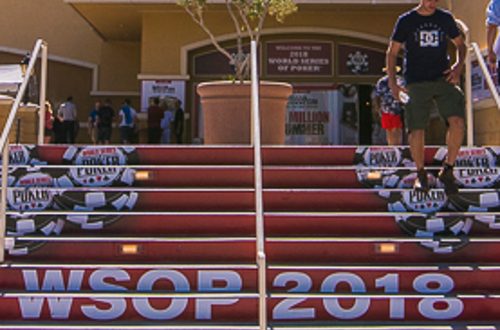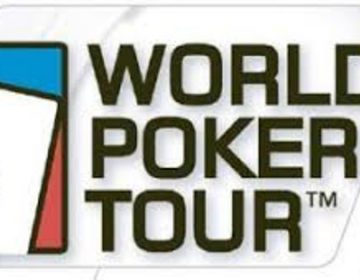On Friday the 15th of April 2011, poker players at the biggest sites of the day, PokerStars, Full Tilt Poker and Ultimate Bet, found that the domains of these sites had been taken over by the Federal authorities.
This day would become known as ‘Black Friday’. Indictments of the site owners followed, and the new wave of online poker was brought crashing down for US players. When Ultimate Bet, Absolute Poker and Full Tilt Poker shut down many players lost their bankrolls - and many online pros lost their livelihoods. Some of those bankrolls were returned, via the Feds, though many were not.
Only PokerStars was big enough internationally to survive Black Friday. Several years later they bought Full Tilt.
Poker sites which welcome US players still exist, and in the case of Ignition Poker, America’s Cardroom and BetOnline Poker, they are doing well. Bitcoin has grown to be a popular deposit option, neatly side-stepping the banking restrictions that the UIGEA still controls.
One Caribbean nation, Antigua, has an ongoing dispute with the US concerning online poker via the World Trade Organization. They maintain that by restricting resident’s ability to enjoy online poker games, the US is violating free trade laws. This is disputed, and has been ongoing for many years.
A ruling that the Wire Act of 1961 only applies to sports bets has opened the door for individual states to allow online poker. New Jersey, Nevada and Delaware all have state-regulated online poker rooms. In the case of Nevada and Delaware, player pools are shared between them.
Geo-location technology and Id checks ensure that only people physically located in these States can enjoy the games. Despite early enthusiasm, the success of these sites has been rather limited. It is hoped that as more states pass legislation, players can be shared creating bigger pools (and so more choice, bigger tournaments and so on).
US poker sites have an enemy! This is the owner of Sands Corporation, Sheldon Adelson. This billionaire is finding a campaign to reverse the decision of the NY attorney general on the Wire Act, and to completely ban all forms of online gambling. While he has some supporters, the states are currently asserting their right to determine their own policy in this area. A $5 million gift for the inauguration of President Trump has many people worried that a deal could be in the works.
If there is one thing more than 10 years of legislation has shown us, it is that US players that lovepoker will find a way to play – regardless of whatever the government throws at them.
















